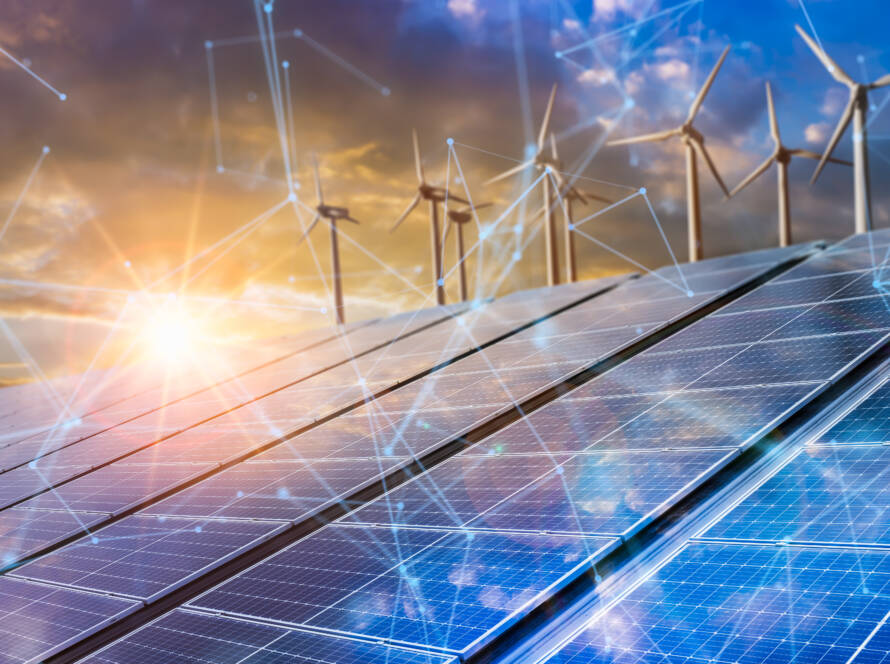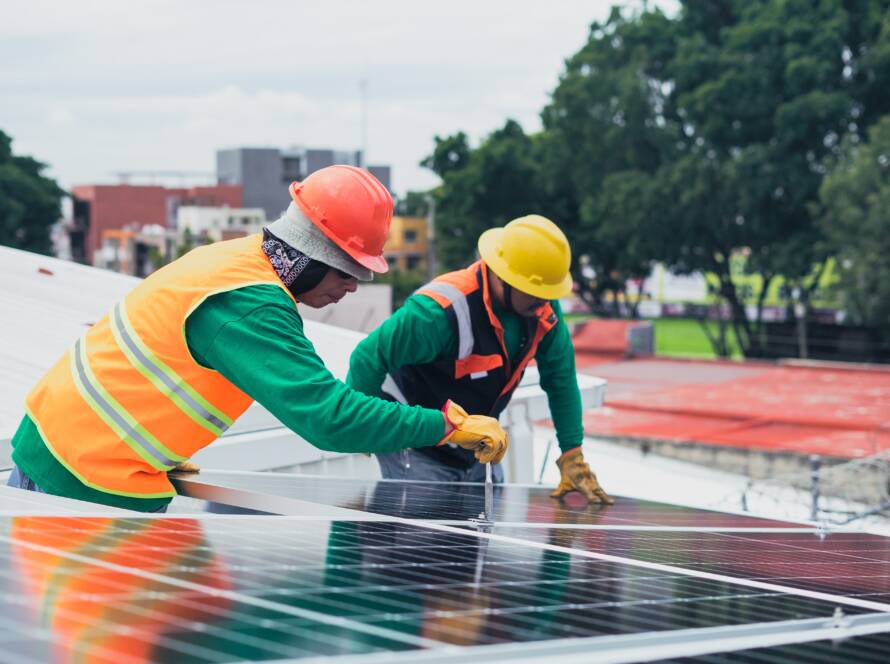QReducing energy consumption in our homes not only helps lower our utility bills but also contributes to a more sustainable future. By implementing energy-saving practices, we can minimize our environmental footprint and create a more efficient living space
In this article, we will explore practical and effective tips to cut your home’s energy use, allowing you to save money while promoting a greener lifestyle.
Embrace Energy-Efficient Lighting
Replace traditional incandescent bulbs with energy-efficient LED or CFL bulbs. These bulbs consume significantly less energy and have a longer lifespan. Additionally, make it a habit to turn off lights when not in use and utilize natural daylight whenever possible.
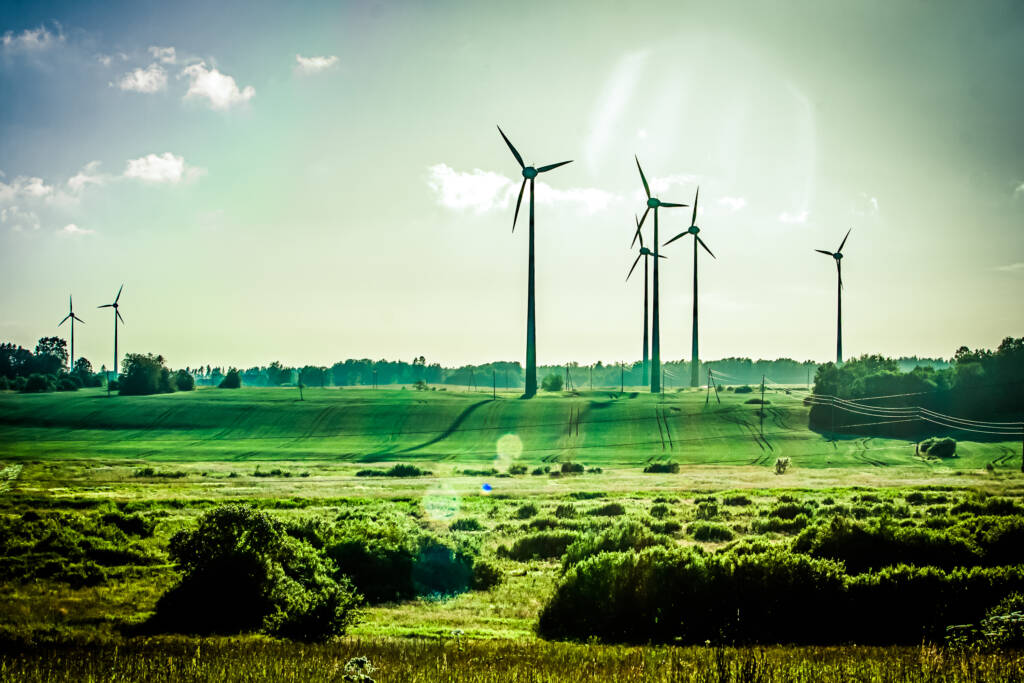
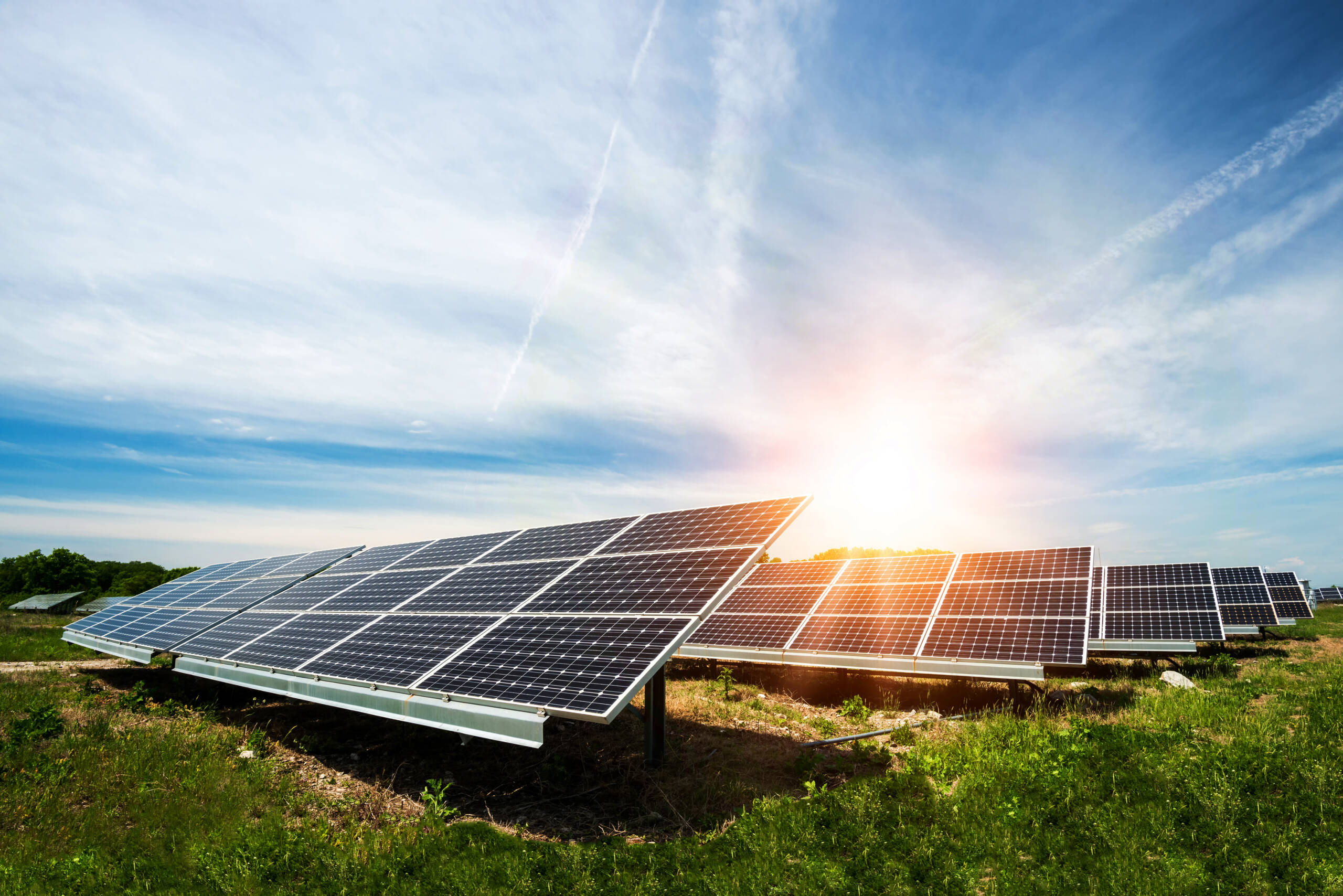
Adjust your thermostat to save energy without compromising comfort. Lower the temperature during winter months and raise it during summer. Utilize programmable thermostats to automatically adjust temperatures based on your schedule. Regularly clean and maintain HVAC systems to ensure optimal performance.
Many electronic devices and appliances consume energy even when not in use. Unplug chargers, TVs, computers, and other electronics when they’re not actively being used or invest in smart power strips that cut off power to devices in standby mode.
Properly insulating your home helps retain heat in the winter and keep it cool in the summer, reducing the need for excessive heating or cooling. Add weatherstripping to doors and windows, insulate walls and attics, and seal air leaks to improve energy efficiency.
Empower your home with energy-saving habits to embrace sustainability and create a brighter future for both your wallet and the planet
Conserving water indirectly reduces energy consumption. Repair any leaky faucets or pipes promptly. Install low-flow showerheads and faucet aerators to reduce water usage without compromising water pressure. Run washing machines and dishwashers with full loads to maximize efficiency.
Creative approach to every project
When purchasing new appliances or electronics, choose energy-efficient models with high Energy Star ratings. These appliances are designed to use less energy while delivering the same performance. Look for energy-saving features such as eco-mode and power-saving settings.
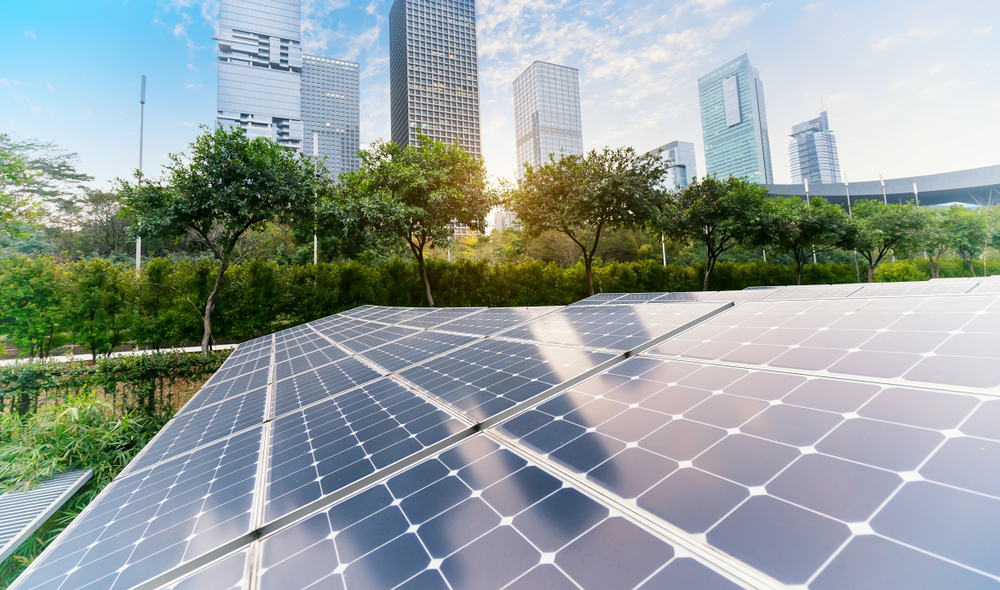
Take advantage of natural energy sources whenever possible. Install solar panels to generate your electricity or consider utilizing natural lighting and ventilation by strategically placing windows and skylights. Use outdoor clotheslines to air dry laundry instead of using a dryer.
Adopt energy-conscious habits such as turning off lights when leaving a room, unplugging chargers once devices are fully charged, and utilizing power-saving modes on electronics. Use energy-efficient cooking methods and avoid preheating the oven unless necessary.
Performing periodic energy audits can help identify areas of improvement. Conduct a thorough assessment of your home’s energy use, identify energy-consuming appliances or areas, and take steps to address inefficiencies.
Promote energy-conscious habits within your household. Educate family members about the importance of energy conservation and involve them in implementing energy-saving practices. Encourage everyone to take an active role in reducing energy waste.

